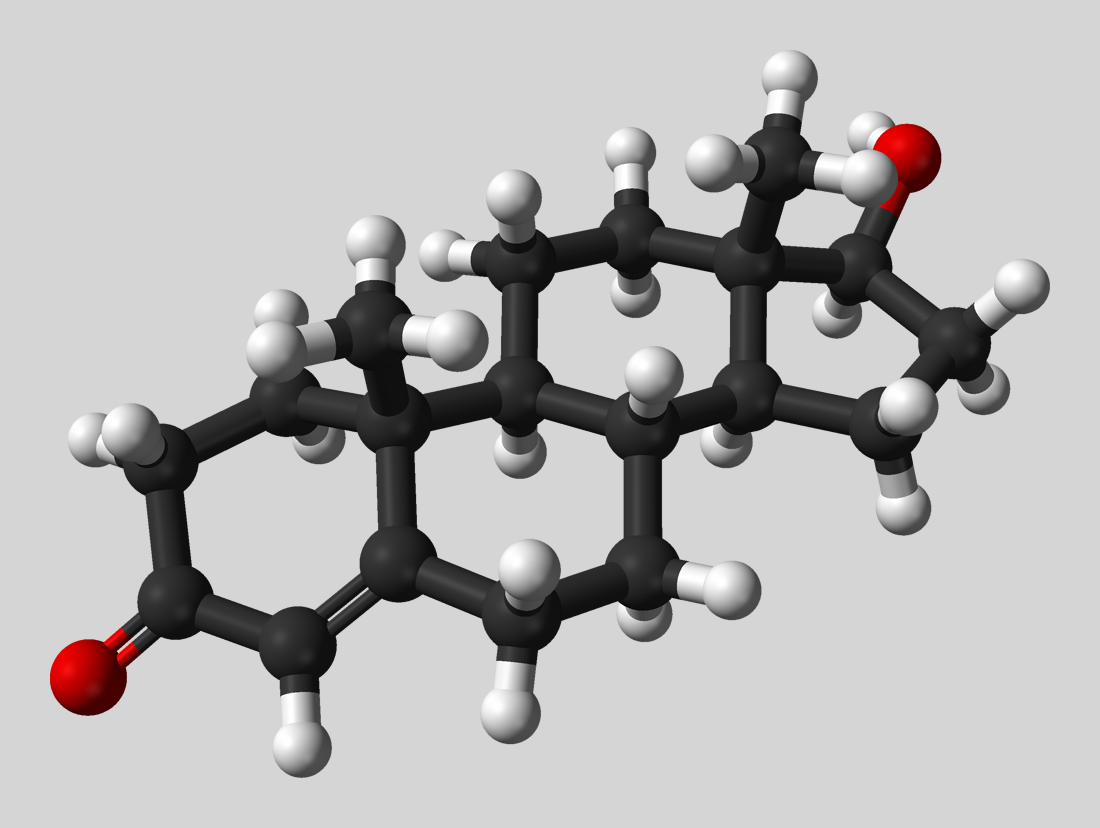We hear the term ‘Bioavailability’ in terms of nutrition a lot, but what is it and why does it matter?
Bioavailability refers to the extent to which nutrients from food or supplements are absorbed and utilized by the body. It is a crucial concept in nutrition as it determines how effectively our bodies can access and utilize the nutrients we consume. When we consume food, the nutrients present in it need to be broken down and absorbed into the bloodstream to be utilized by the body. However, not all nutrients are equally bioavailable. Factors such as the form of the nutrient, the presence of other substances in the food, and individual differences in metabolism can all affect bioavailability. Bioavailability matters because it directly impacts our nutritional status and overall health. If the bioavailability of certain nutrients is low, even if we consume an adequate amount of those nutrients, our bodies may not be able to absorb and use them effectively, which can lead to nutrient deficiencies and related health problems. For example, iron is an essential nutrient for the production of red blood cells and overall energy metabolism. Iron from plant-based sources (non-heme iron) is less bioavailable than iron from animal sources (heme iron). Therefore, individuals following a vegetarian or vegan diet may need to pay extra attention to their iron intake and consider factors that enhance iron absorption, such as consuming vitamin C alongside plant-based iron sources or adding iron supplements. Other nutrients that often require supplementation include Vitamin D, especially for those with limited sun exposure, Vitamin B12, Omega-3 Fatty Acids and Calcium. Although the bioavailability of nutrients in food is generally higher than that of supplements due to the natural matrix and synergistic effects, it is challenging to always ensure our full nutrient requirements are being met. Supplements can play a crucial role in meeting these nutrient requirements and ensuring adequate bioavailability. Striking a balance between whole food sources and targeted supplementation can help ensure optimal nutrient intake for overall health and well-being.






